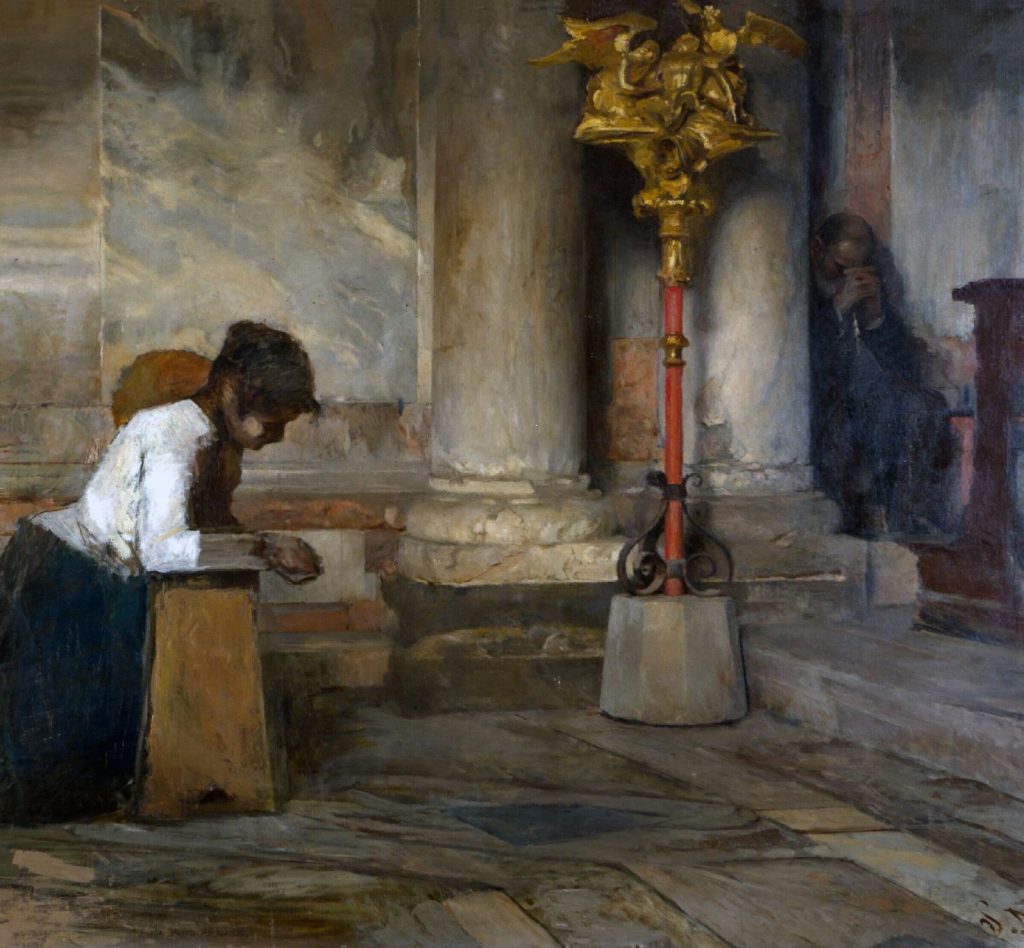Jesus talks about praying for whatever we need with faith and confidence, but he ends by asking, “How much more with the Father . . . give the Holy Spirit to those who ask him?” (Luke 1:13). Is he saying there are limits to what we can ask for?
“Be careful what you ask for,” the saying warns. Just because we want something doesn’t mean it will be good for us. But if we have enough faith to pray for something, we probably will not pray for anything evil. What is Jesus really saying? He is giving us two lessons about prayer.
First, he assures us that God does hear our prayers and answers them. Many people take “ask and you shall receive” so literally that they expect God to do their bidding no matter what they want. But God is free to do what is best for us, free to answer some prayers with a no when what we seek is against God’s will. Maybe our first prayer should be to ask God to show us what we really need.
That leads us to the second lesson: prayer changes us, not God. If we truly pray as Jesus prayed, we would say, “Not as I will, but as you will” (Matthew 26:39). It’s not easy to change our minds about what we want or need. To change our desires from selfish to holy takes a lot of power, the power of the Holy Spirit. Jesus was raised from the dead by that power and we will be, too (Romans 8:11). When Jesus promises that the Father will give the Spirit to us for asking, the Spirit is both the source of and the answer to our prayers. Let us ask the Spirit to empower us to desire and pray for what we really need.
Tom Schmidt, Diocesan Publications


